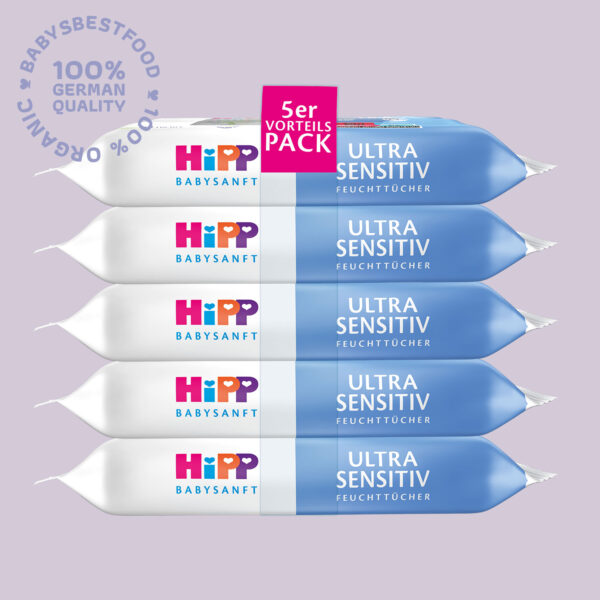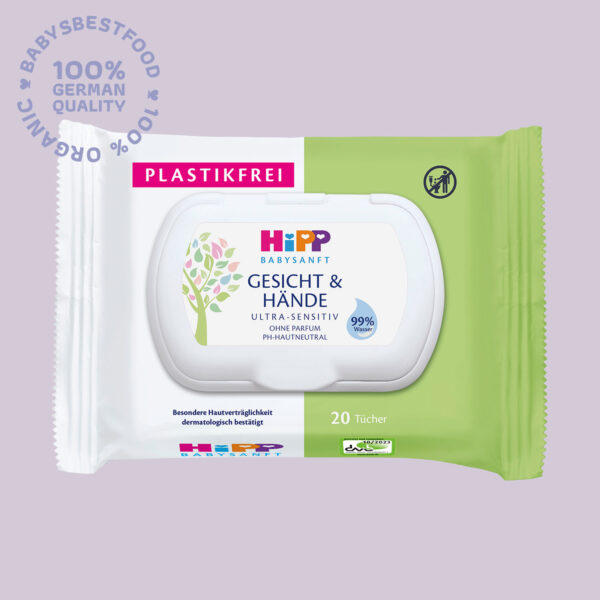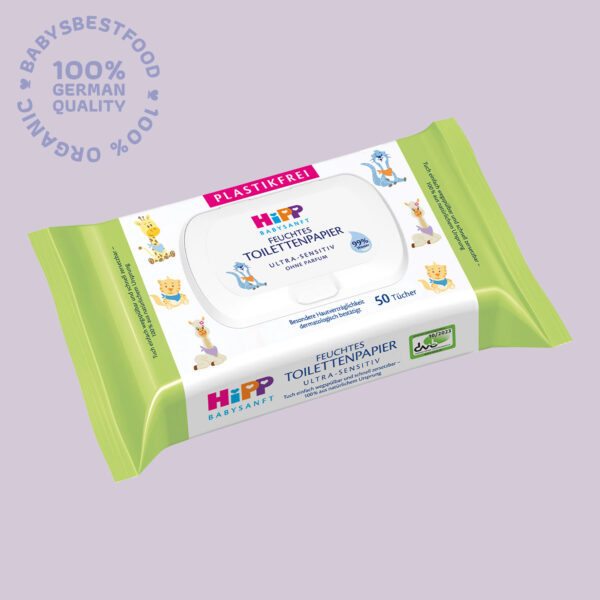Choosing the right food for your baby is crucial for their health and development. This article discusses the benefits of organic baby food compared to non-organic options, helping you make an informed decision.
The Benefits of Organic Baby Food
There are several benefits to choosing organic baby food:
- Lower Pesticide Residues: Organic produce has significantly lower levels of pesticide residues compared to conventional produce. This reduces the risk of exposing your baby to harmful chemicals that can affect their development and health.
- Higher Nutrient Content: Some studies suggest that organic foods may contain higher levels of certain nutrients, such as antioxidants and omega-3 fatty acids, which are beneficial for your baby’s growth and development.
- Free from GMOs and Additives: Organic baby food is free from genetically modified organisms (GMOs) and synthetic additives, which can sometimes trigger allergic reactions and other health issues in infants.
- Environmental Benefits: Organic farming practices promote environmental sustainability by reducing pollution, conserving water, and enhancing soil fertility, which can have long-term benefits for the planet.

What is Organic Baby Food?
Organic baby food is produced using farming practices that avoid synthetic pesticides, herbicides, and fertilizers. It must adhere to strict guidelines set by certifying bodies like the USDA. These guidelines ensure that the ingredients are grown and processed in a way that promotes ecological balance and conserves biodiversity.
Understanding Non-Organic Baby Food
Non-organic baby food is produced using conventional farming methods that may involve synthetic pesticides, fertilizers, and genetically modified ingredients. While these foods meet safety standards, they might contain residues from these chemicals, which some parents prefer to avoid.

Potential Downsides of Non-Organic Baby Food
Choosing non-organic baby food might expose your baby to higher levels of pesticide residues. Long-term exposure to these chemicals, even in low doses, has been linked to developmental delays, endocrine disruption, and an increased risk of certain diseases.
Choosing the Right Formula Stage
The premium European brands we carry, such as Kendamil, Holle, and HiPP, ensure that newborns or toddlers get exactly what they need during this stage of their development. We carry the following five stages:
- Stage Pre: Birth to six months of age
- Stage 1: Special infant formula from birth to six months
- Stage 2: Follow-on formula from six months to 10 or 12 months
- Stage 3: Infant formula from 10 or 12 months to 12 or 24 months
- Stage 4: Infant formula from 12 months to 24 months
Choose cow’s milk formulas, goat’s milk formulas, or special blends for sensitive tummies to ensure your child gets the right nutrients at the right time.
Discover our organic milk formula
Cost Considerations
One of the main concerns with organic baby food is the cost. Organic products are generally more expensive due to the higher costs associated with organic farming practices. However, many parents find the benefits outweigh the costs, especially when it comes to their child’s health and well-being.
Choosing the Best Option for Your Baby
When deciding between organic and non-organic baby food, consider the following:
- Budget: Determine what you can afford while ensuring a balanced and nutritious diet for your baby.
- Availability: Organic options might not be readily available in all areas, so ensure you have access to a consistent supply.
- Health Concerns: If your baby has a history of allergies or sensitivities, organic options might be the safer choice due to the lack of synthetic additives and GMOs.
Key Takeaways
- Lower Pesticide Residues: Organic baby foods have lower levels of pesticide residues, reducing the risk of chemical exposure.
- Higher Nutrient Content: Some organic foods offer higher levels of beneficial nutrients like antioxidants and omega-3 fatty acids.
- Free from Additives: Organic foods avoid synthetic additives and GMOs, which can be better for babies with sensitivities.
- Environmental Benefits: Organic farming supports environmental sustainability, which can benefit future generations.

Consult Your Pediatrician
Always consult your pediatrician before making significant changes to your baby’s diet. They can provide personalized advice based on your baby’s specific needs and health conditions, ensuring you make the best choices for their growth and development.































